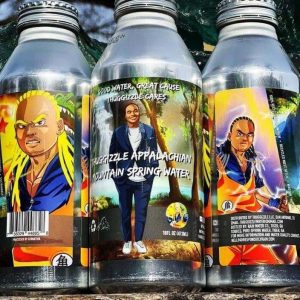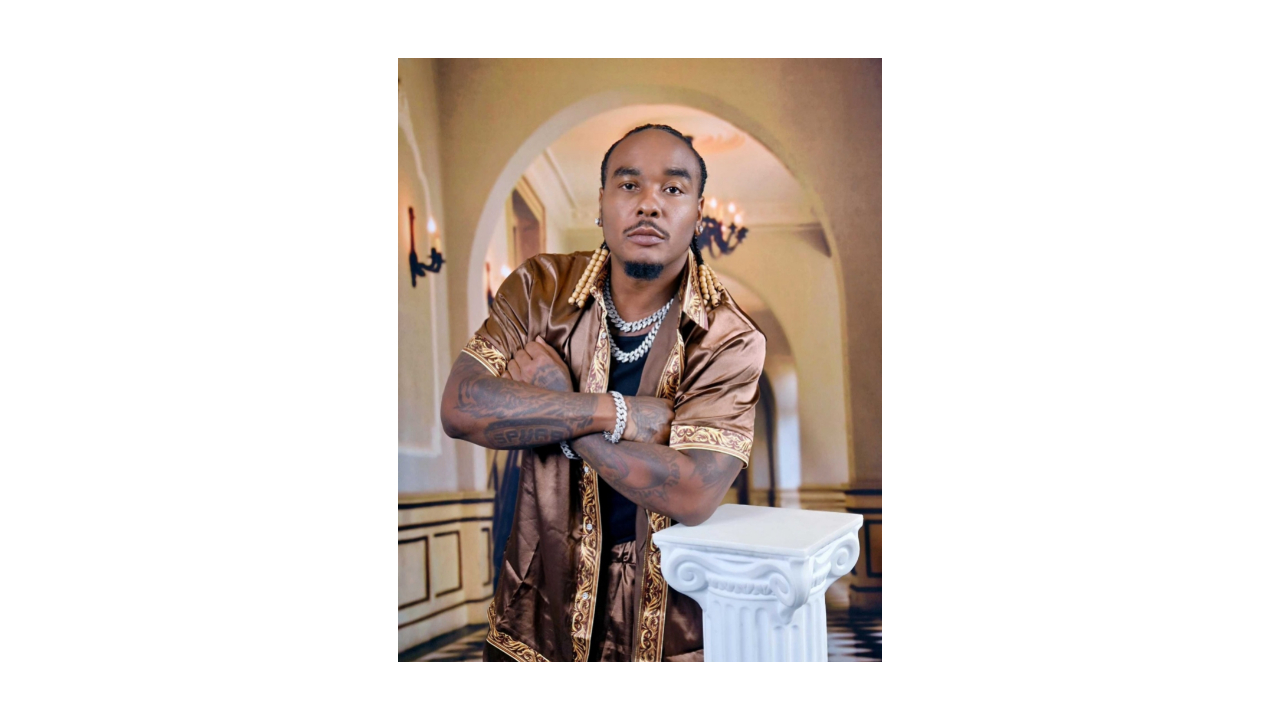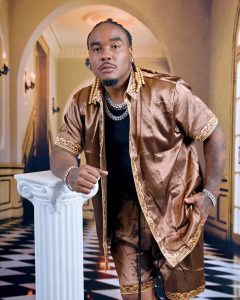In 2025, Phillip Hodge—better known by his stage name Thuggizzle—was awarded Best Music and Community Activist in the U.S. by Best of Best Review, a recognition that placed him at the intersection of artistry and social impact. At the same time, Thuggizzle’s reputation as a freestyle purist—one who raps off the head, with no pen, no paper, no prewritten lyrics—has become a defining hallmark of his craft.
Freestyle as Identity
Unlike many artists who draft verses, revise them, and polish in the studio, Thuggizzle’s creative process is raw, immediate, and entirely spontaneous. Press coverage describes him as entering the booth with “no pad, no phone, and often not even knowing the beat in advance,” then building entire songs in real time. His official site reinforces this: “all songs are 100% freestyle, off the dome, one time through.”
That approach connects him to the original spirit of hip-hop freestyle—a test of mental agility, emotional truth, and lyrical instinct. His performances and studio drops are less about polished perfection and more about capturing a moment.
 100% Freestyle Str8 Off The Brain
100% Freestyle Str8 Off The Brain
Thuggizzle’s latest release, 100% Freestyle Str8 Off The Brain, is the embodiment of his philosophy. It’s a statement: what you hear is what was born in that moment. There’s no polish. No rewrites. No safety net. While I didn’t find a review specifically naming Str8 Off The Brain in the sources I located, it fits squarely with his declared artistic method and public branding.
The project is now available on Amazon Music and all major streaming platforms—affirming that his raw freestyle ethos is not limited to underground circles but is reaching mainstream distribution.
The Best of Best award is more than a trophy. For Thuggizzle, it validates a life mission rooted in community uplift. Through Thuggizzle Cares Inc., he channels his music platform into real-world service—supporting literacy, educational incentives, anti-bullying outreach, and more.
This duality—being both an unfiltered freestyle craftsman and a community activist—makes him a rare figure. He challenges the industry’s usual emphasis on image and overproduction, insisting instead that vulnerability, spontaneity, and service can define hip-hop’s next frontier.


